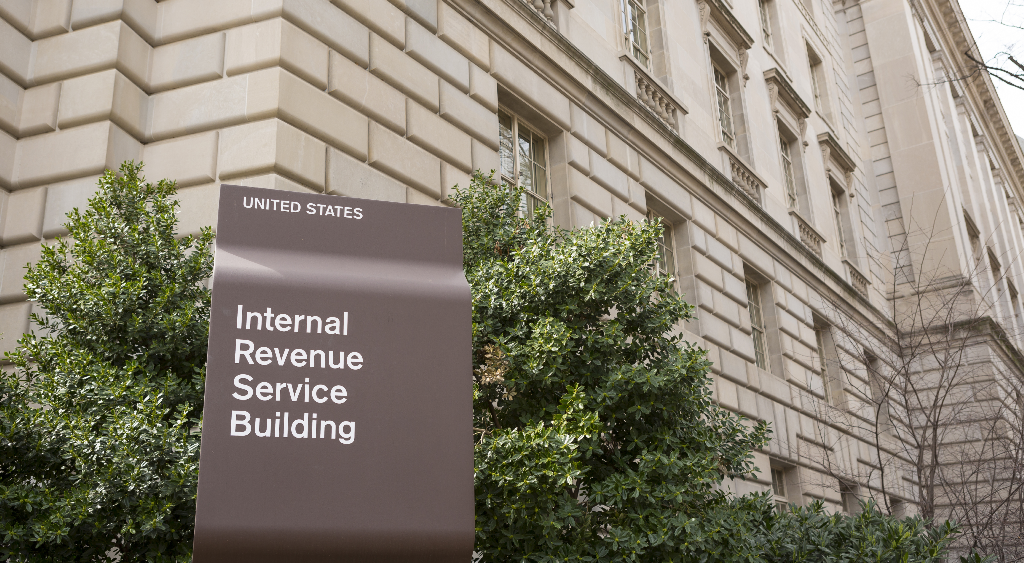IRS Received $80 Billion to Target Tax Evaders

- On August 12, 2022, the Inflation Reduction Act was introduced in a climate and healthcare bill; which gave the IRS $80 billion in funding over the next ten years.
- With the new funding, the IRS plans to improve its internal process and taxpayer services and begin going after high-net-worth individuals.
- Although the IRS is increasing the number of audits conducted on high-net-worth individuals, the IRS commissioner says the frequency of audits will not increase for households earning less than $400,000 per year.
On August 12, 2022, the Inflation Reduction Act was introduced. The Act determined the Internal Revenue Service (IRS) should receive an additional $80 billion over the next ten years to help with tax enforcement on high-net-worth individuals.
What is the Inflation Reduction Act?
The Inflation Reduction Act is an act signed into law by President Joe Biden, aiming to lower the cost of living for the working class. In a fact sheet released by the White House, this act will lower the cost of prescription drugs, healthcare, and energy. It will also allow Americans to receive tax credits on specific home improvements. In addition, this act will give some funding to the IRS so they can begin cracking down on high earners and make sure their taxable income is accurate.
How the IRS Plans to Use the $80 Billion
In total, the IRS will receive around $80 billion, which will be used in various ways to improve the agency. Although the main portion of the funding will be used to target high earners, the remainder will be used for updating their system, improving taxpayer services, and a customer service line where nine out of ten calls go unanswered.

Image Credit: Rob Crandall / Shutterstock.com
Why the IRS is Targeting High Earners
The IRS has received additional funding because it wishes to go after large corporate and global high-net-worth individuals. Employees are typically not high earners and usually have their income directly reported to the IRS, meaning the taxes collected by the agency is mostly accurate. However, as high earners have multiple sources of income, it can lead to them possibly misreporting their income, so they pay less in taxes.
In 2010, the audit rate was 16%; however, in 2019, this value had dropped to 2%. IRS audits have gotten lower due to a lack of funding. Reviewing audits take time and require tons of resources. However, as high earners have multiple income sources, the IRS must spend more resources to conduct a proper audit.

Image Credit: PTstock / Shutterstock.com
As they previously did not have the necessary funding to perform a sufficient number of audits on high-worth individuals, this potentially allowed them to understate their income on their tax returns. If these high earners understate their income, the government is missing out on a sufficient amount of taxes that can be used elsewhere.
Recommended Read: How to Spend Your Tax Refund Wisely
Will the IRS Target Lower-Income Earners?
With IRS’ new funding, they can now enforce tax laws as they have more resources to execute audits. However, one major concern arising from the $80 billion funding they received is that IRS agents may begin using their new resources to go after lower-income taxpayers.
Recommended Read: Tax Professionals Can Save You Time and Money on Your Taxes
However, IRS Commissioner, Charles Rettig, mentioned that the increase in funds would not be used to target households making less than $400,000 per year. Despite the reassurance the head of the organization provides, Senator Mike Crapo, a current member of the Senate Finance Committee, mentioned that he believes the IRS will increase its audits on those earning less than $400,000.

Image Credit: Andrey_Popov / Shutterstock.com
Crapo believes that the IRS will not solely go after individuals. They will also begin targeting small businesses, which are typically cash-heavy. As these small businesses do not have vast resources to fight the audit, he believes they will become easy targets for the IRS; but it is too early to tell who the agency will audit during tax season.
The Money Wrap-Up
The additional funding the IRS will receive is beneficial as it will make the tax return processes fairer. Unfortunately, as some people have more income sources than others, it could mean they could potentially incorrectly state their taxable income, meaning they can pay fewer taxes. Everyone should do their part and pay the correct amount of taxes. Hopefully, the agency will use the funding wisely to enforce tax laws on high-net-worth individuals and ensure they pay their share each year.
Main Image Credit: Vitalii Vodolazskyi / Shutterstock.com